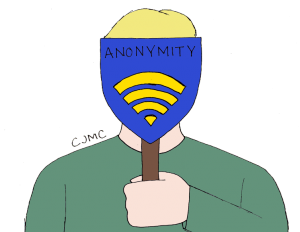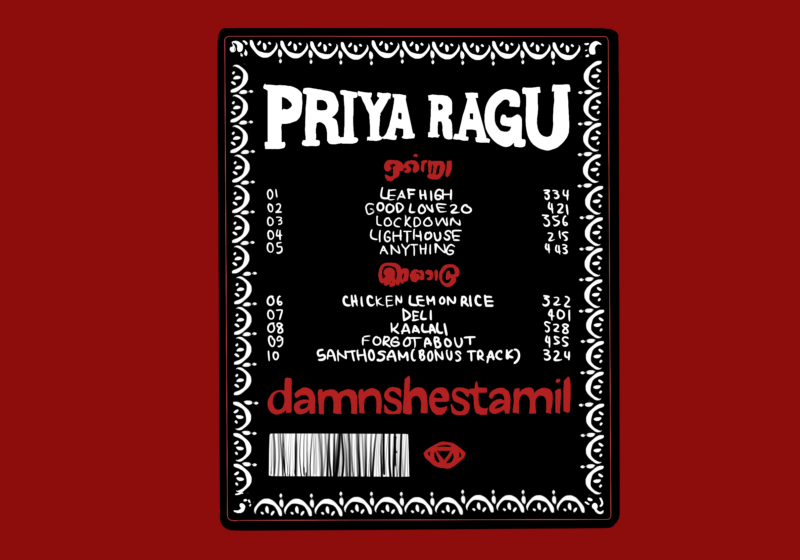It’s known as the “Greater Internet F***wad Theory.”
Coined by Jerry Holkins and Mike Krahulik of the popular gaming site Penny Arcade, the hypothesis is used to describe the seemingly inevitable desent of anonymous users into the worst behavior humanity can offer.
Take a normal person, make their identity invisible, add an audience, and you end up with, well, a total f***wad.
It’s a common scenario that almost any user of the web is familiar with.
Sites like 4chan are the most notorious for their ugly interactions, but even relatively shielded users on news sites or benign webpages will be familiar with the frantic and unaccountable spats that occur in unregulated comment sections.
Since the sentiment of comments can severely impact the impressions of users—a phenomenon known as the “nasty effect,” where reader views become dramatically more polarized after seeing uncivil arguments on a topic they’ve read—many news outlets have opted to remove comments altogether, including the well-known magazine Popular Science.
“Even a fractious minority wields enough power to skew a reader’s perception of a story,” wrote the site’s content director Suzanne LaBarre.
For a site that depends on scientific and credible discussion, a single uninformed commenter has the capacity to cause far more harm than good. And, according to a study by the University of Houston, 53% of anonymous users on news sites allowing unattributed comments were uncivil, as opposed to 29% of regular commenters.
But is anonymity all bad? Something about it is clearly desirable; over a quarter of all internet users have posted anonymously, upping to 40% when you decrease the demographic to only 18-29 year-olds.
And, on sites like 4chan, which are built around the concepts of “anons,” the number of anonymous posts can go up to 90% or higher.
While ugly behavior occurs, perhaps even quite frequently, the majority of discussions on these sites are (relatively) civil. So, what does anonymity offer that regular discussion does not?
In an extended article entitled the “The Online Disinhibition Effect,” psychologist John Suler explores the effects of anonymous use, both positive and negative.
In his study, Suler discusses the effects of losing social inhibitions through anonymous posting and asynchronous communication and how they effect emotional regulation, honesty and cathartic speech.
Reaching back to the beginnings of anonymous truck radio, which saw similar outbursts of racism and sexual harassment to modern anon sites, online disinhibition is nothing new.
But, over the years, it has developed interesting patterns over the years of users adapting to the new form of social interaction. Many of the effects of anonymity are double-edged swords.
Users feel protected by their privacy, meaning they are more likely to open up about hidden emotions, but they are also more likely to be antisocial and disclose repressed feelings in negative ways.
Having one’s background and appearance hidden can liberate discussion by bringing everyone to equal status and force users to rely on thoughtful points and cited information, but it can also lead to untraceable lies about one’s identity or credibility. And while “asynchronous” use allows users to take the time to draft eloquent responses, it also permits them to make violent outbursts and later abandon the conversation without consequence.
These patterns have made anonymous communities astonishingly cynical, and many actively revel in stories relating to the loss of innocence or abuse of naivete.
But, contrasted with web environments that can otherwise be gullible or oversupportive, this kind of unforgiving bluntness can be refreshing and even freeing.
If you want an honest, utterly uninhibited opinion, you can do worse than ask 4chan.
And, after all, if you don’t like it, you can just leave it all behind as just another anon.
Copeland is a member of the class of 2015.




